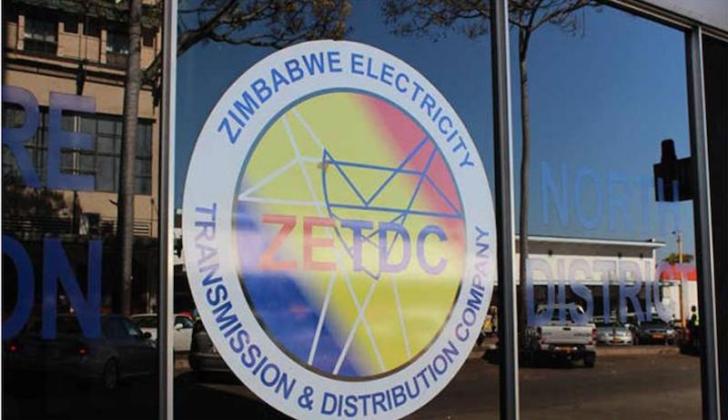Opinion / Columnist
Why should citizens pay for ZESA's failure to provide reliable power
28 Mar 2025 at 11:29hrs |
5 Views

If you give us electricity we will not need generators. In a world where governments are often scrutinised for their decisions and policies, the Zimbabwean Electricity Transmission and Distribution Company (ZETDC) has raised eyebrows with its recent announcement of mandatory fees for statutory inspections of electrical installations. This move comes at a time when many households and businesses are already struggling due to inadequate electricity provision. The implications of this decision are profound, not just economically but ethically. Charging citizens for a service they are not receiving in a reliable manner can be seen as nothing short of daylight robbery.
Zimbabwe has faced a persistent energy crisis, characterised by frequent load shedding and unreliable electricity supply. Countless households and businesses have suffered due to inadequate infrastructure and poor management, leading to economic stagnation and hardship. Despite these systemic failures, the ZETDC has decided to impose charges for inspections under the guise of safety and regulatory compliance. This is particularly troubling given that the primary responsibility for electricity provision lies with the government and its institutions.
The ZETDC claims that these inspections are crucial for safety, emphasising the need for regulatory compliance to prevent electrical accidents and fires. However, the timing of this mandate raises serious questions. Why is the ZETDC choosing to burden consumers with additional fees instead of focusing on improving the existing infrastructure? Households and businesses are already at their wits' end, navigating an economy straining under the weight of multiple crises and now they face the added pressure of these fees.
From the flyer provided by the ZETDC, fees for statutory inspections start at $25 for all customers, with additional charges based on the scale of electrical systems. For instance, businesses using above 100 kW of electricity may face costs as high as $100. The justification for these fees appears flimsy when the institution responsible for electricity provision is failing to deliver consistent service. Why should citizens pay for inspections when they have not received reliable electricity in the first place?
There are strong ethical implications surrounding this policy. In a just society, citizens should not be penalised for systemic failures of the state. Instead of offering solutions that alleviate the burden, the ZETDC has decided to further exploit consumers facing hardship. This leads to a significant question, who is truly benefiting from these charges? The ZETDC, seemingly focused on generating revenue without accountability, neglects its primary duty to improve infrastructure and provide reliable electricity.
Stop this kind of exploitation. It is crucial that stakeholders including government officials, community leaders and citizens join forces to challenge this alarming policy. Citizens must demand not just accountability but also a commitment to improving electricity supply and infrastructure before imposing additional financial burdens. The Zimbabwe Energy Regulatory Authority (ZERA) must step in to evaluate the legitimacy of these fees and ensure they serve the public interest rather than the interests of a failing institution.
The introduction of mandatory fees by ZETDC for inspections of premises, particularly at a time when households and businesses struggle with unreliable electricity supply, is nothing short of a betrayal to the citizens, It is daylight robbery that should be stopped on its tracks. Instead of perpetuating cycles of exploitation, the ZETDC and the government must focus on solutions that ensure reliable electricity for all, holding themselves accountable to the people they are meant to serve. Only then can they begin to restore trust and work towards a future where energy provision is no longer a source of anguish but a reliable foundation for progress.
Povo yaramba, we have suffered enough.
Engineer Jacob Kudzayi Mutisi
Source - Engineer Jacob Kudzayi Mutisi
All articles and letters published on Bulawayo24 have been independently written by members of Bulawayo24's community. The views of users published on Bulawayo24 are therefore their own and do not necessarily represent the views of Bulawayo24. Bulawayo24 editors also reserve the right to edit or delete any and all comments received.
Join the discussion
Loading comments…




























